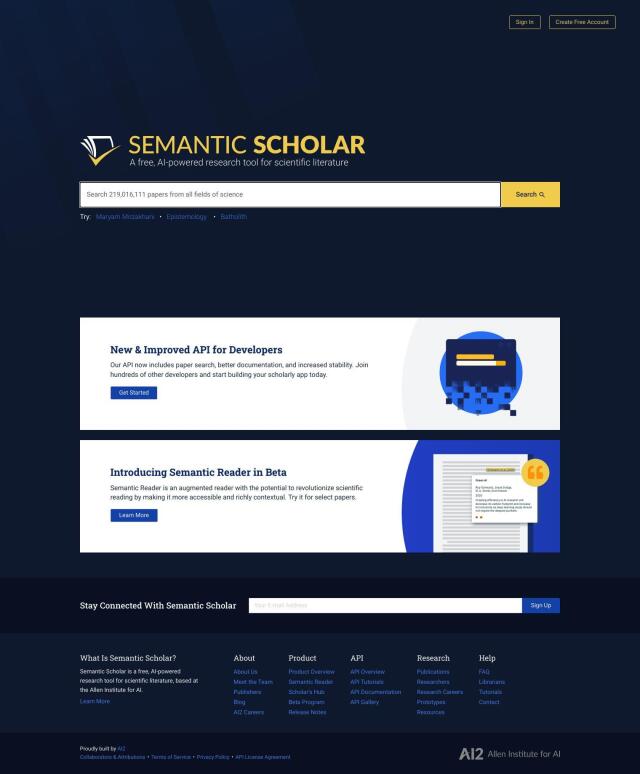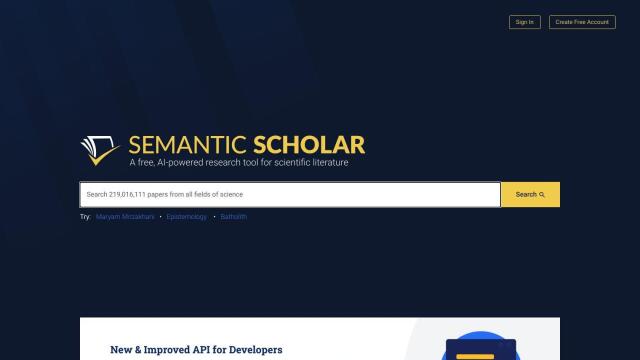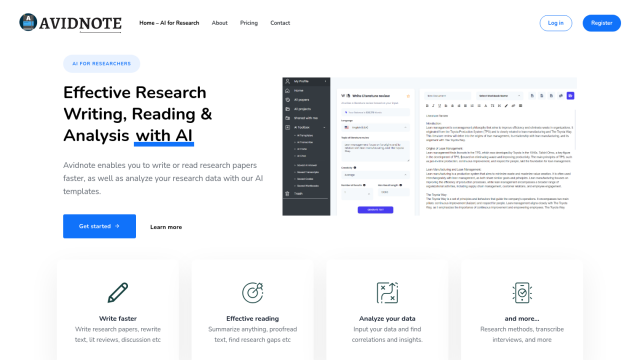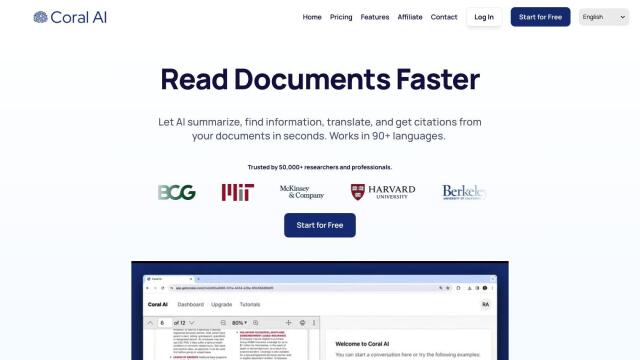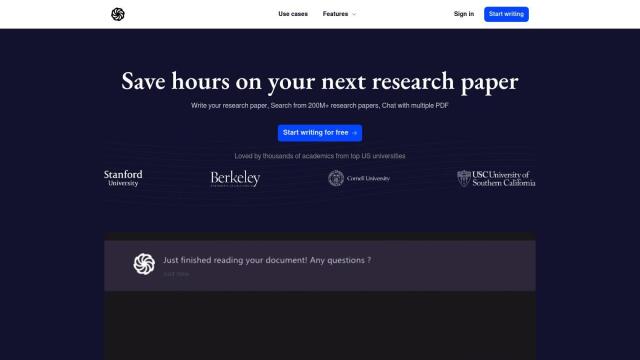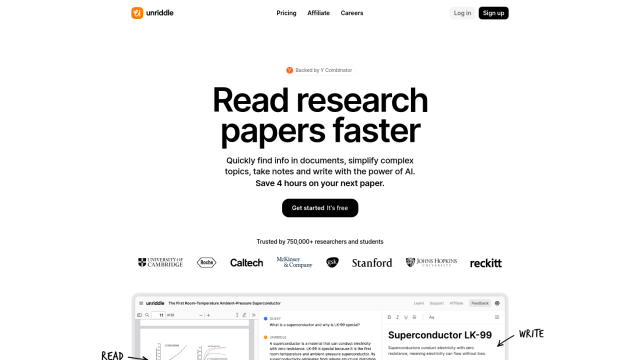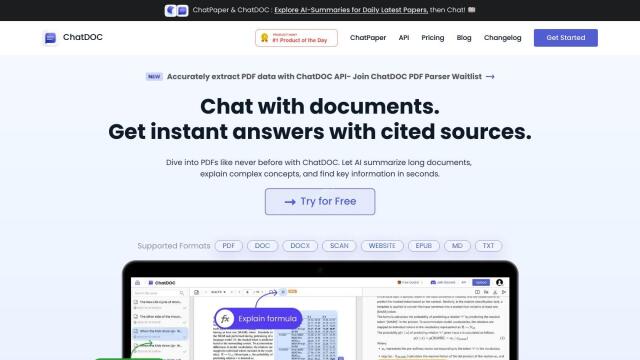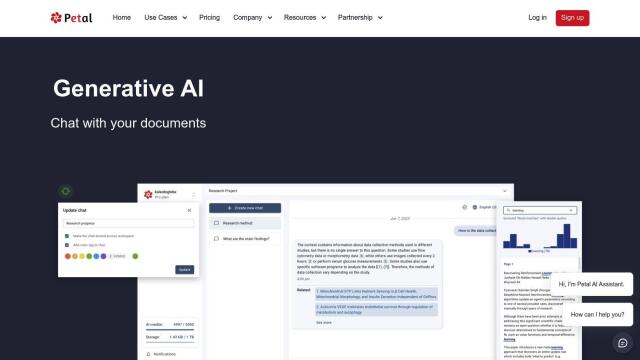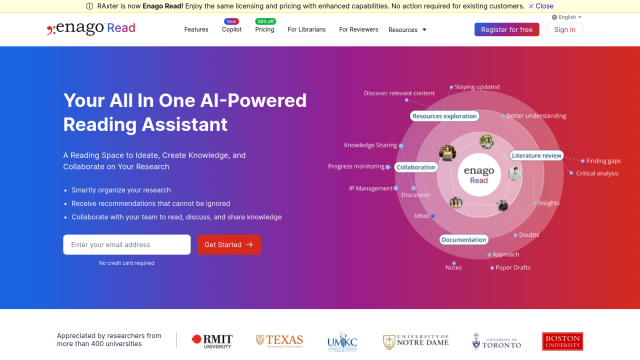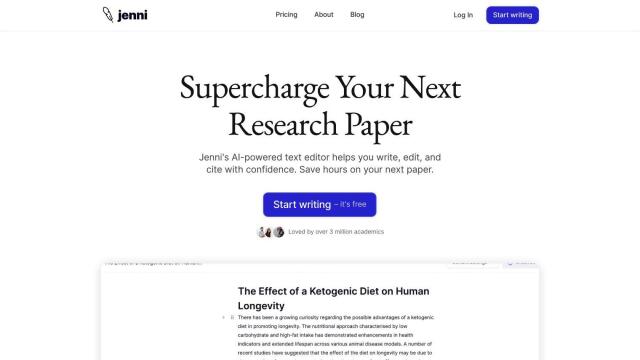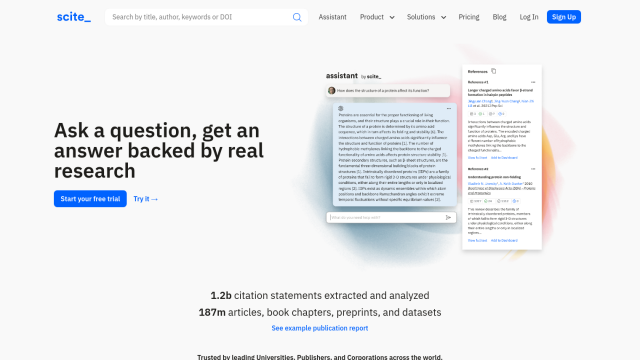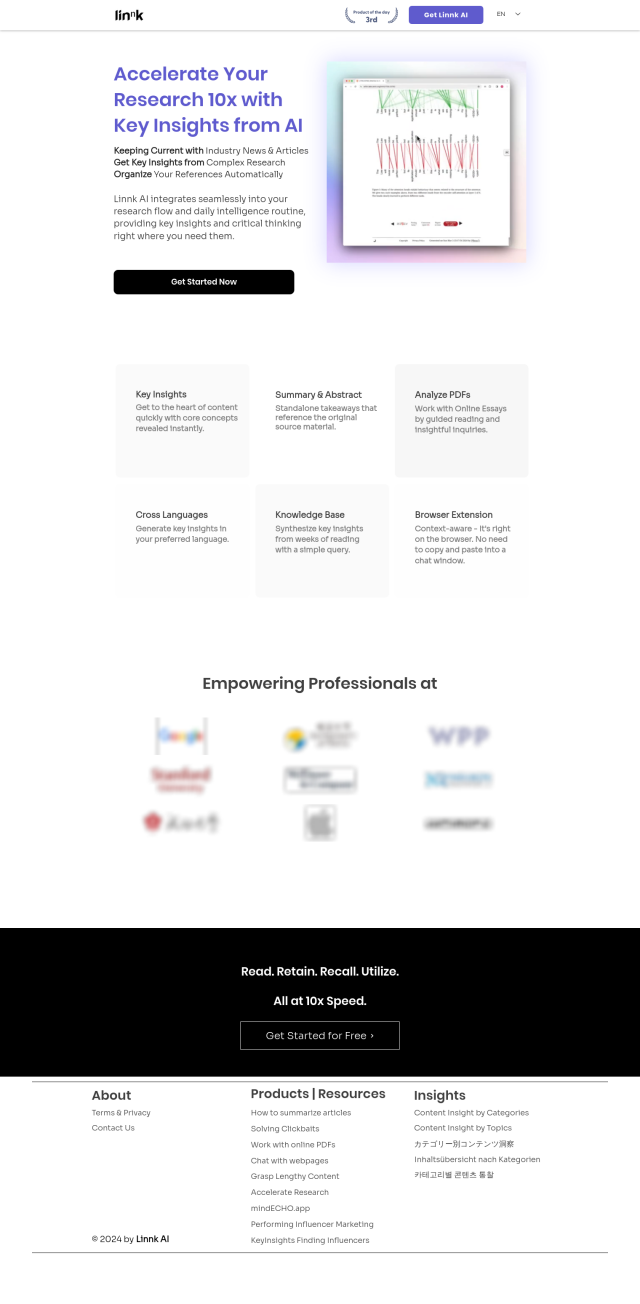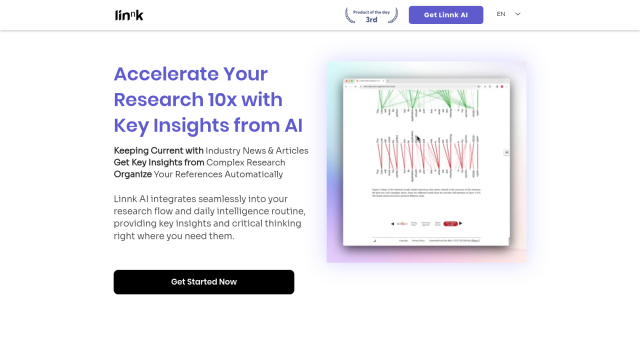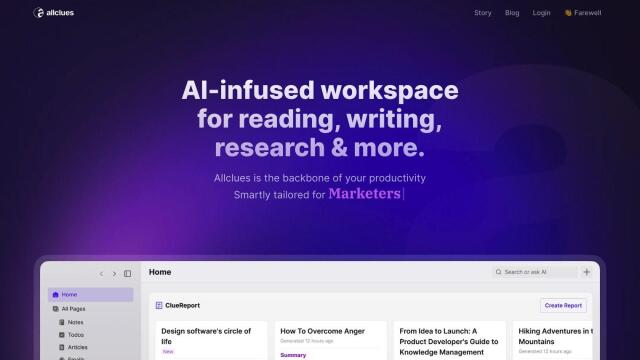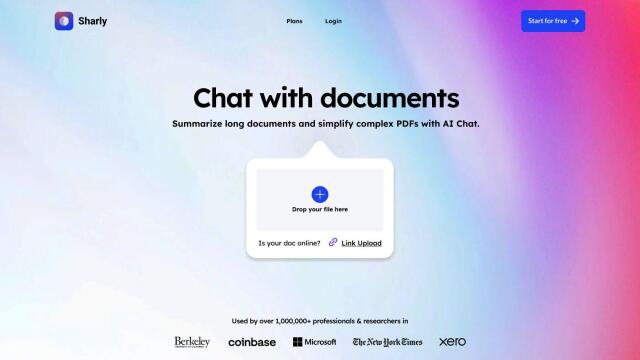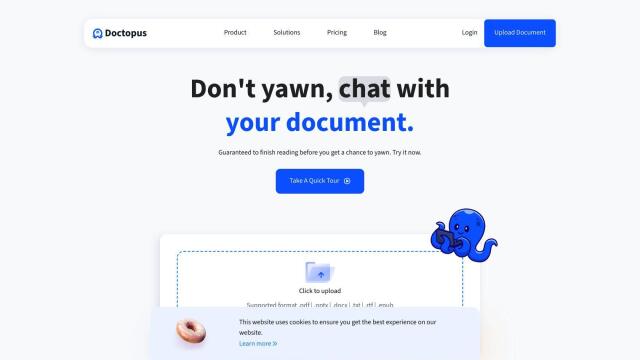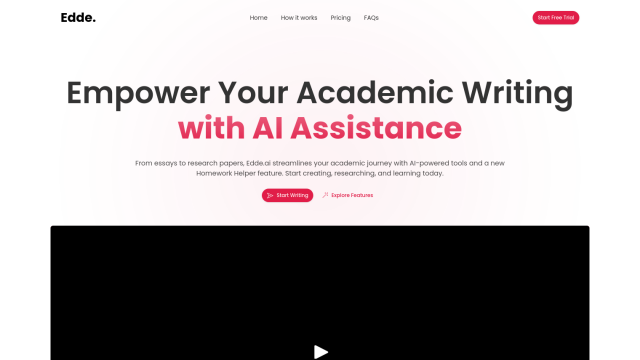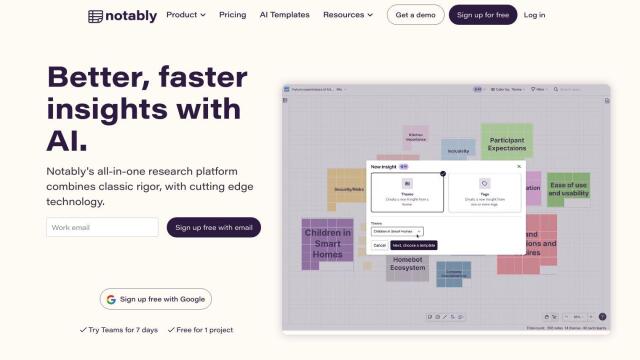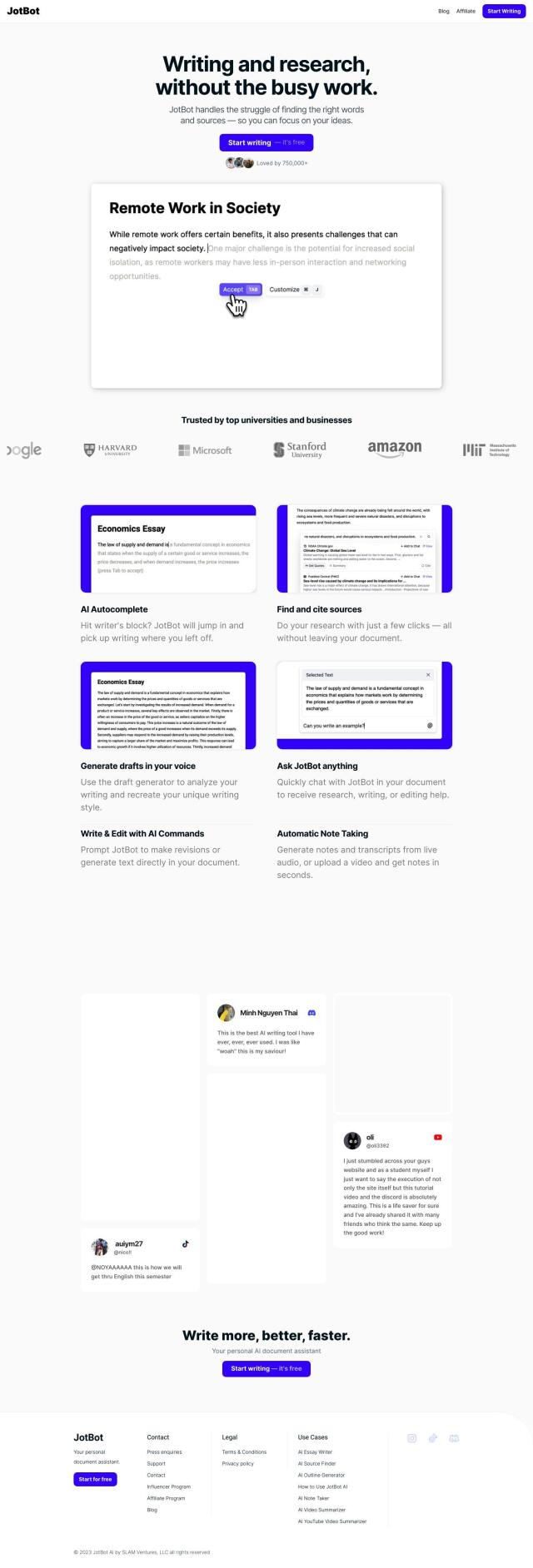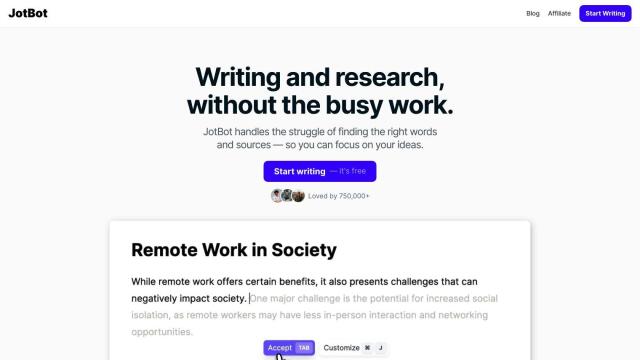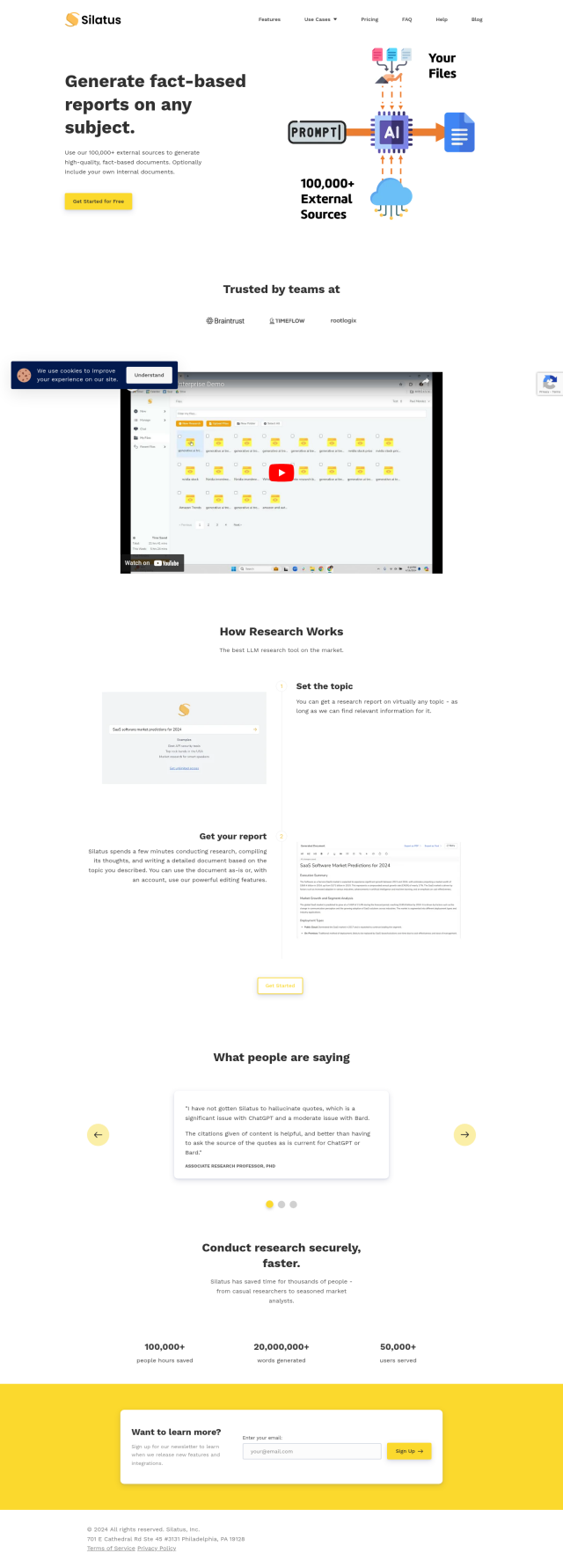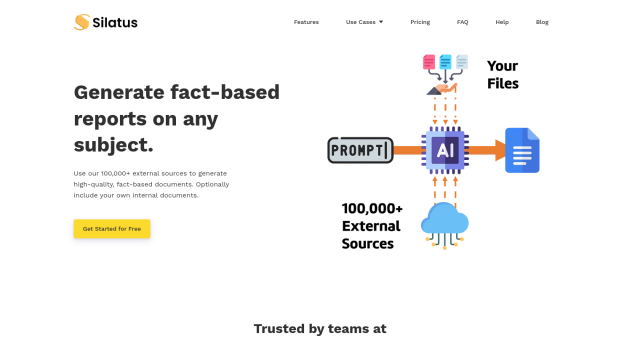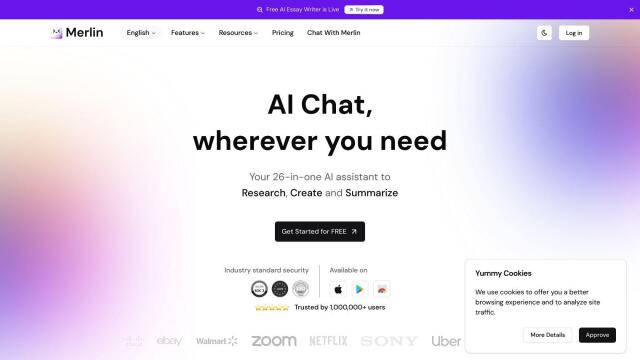Question: Do you know of a research tool that can automatically organize and tag my content, and support multiple languages?


Otio
If you're looking for a research tool that can handle multiple languages and automatically tag and categorize your content, Otio could be the ticket. Otio is an AI-native workspace for research that includes tools to learn and write, including automatic summarization, AI-assisted text editing and support for more than 20 languages. It can also automatically tag and categorize documents you import, so it's good for researchers, students and analysts who have to wrangle lots of documents like hour-long videos and PDFs.

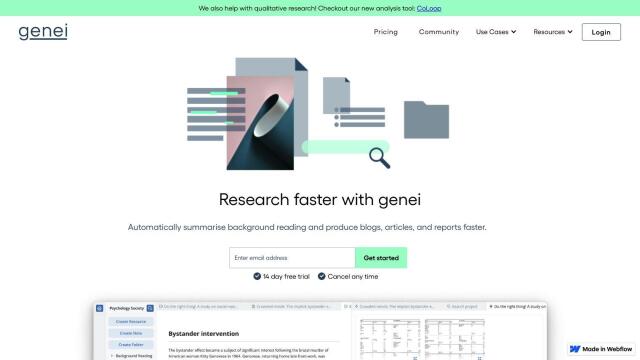
genei
Another contender is Genei, an AI-based research and note-taking tool that can automatically summarize articles, analyze research and extract important information. Genei lets you organize documents, extract keywords and definitions, and perform semantic searches. It offers different pricing levels for different customers, including academics and professional writers who want to speed up their research and writing.

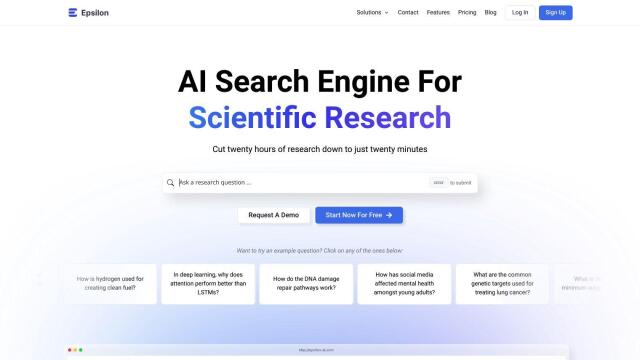
Epsilon
Epsilon is another tool geared for scientific research, with tools like Investigate, Search, Validate and Synthesize to find relevant citations, summarize documents and synthesize findings. With more than 200 million academic papers indexed, Epsilon is used by more than 30,000 researchers, and it's multilingual, so it's a good option if you're doing serious research and organizing lots of content.

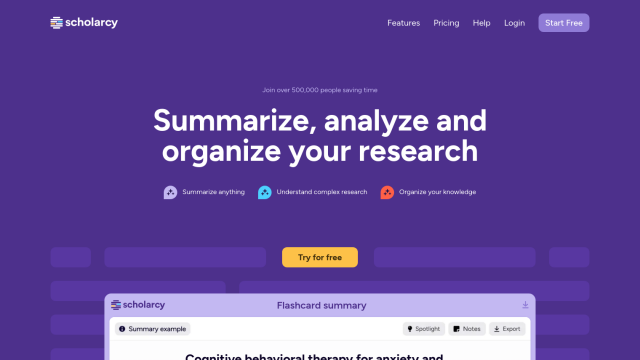
Scholarcy
If you're specifically interested in academic papers, Scholarcy offers more advanced AI-based summarization, analysis and organization tools. It can convert dense documents into interactive summary flashcards and digest lots of different file formats so you can better comprehend and wrangle academic research. Scholarcy offers a free plan with limited features and a paid version with more features.
